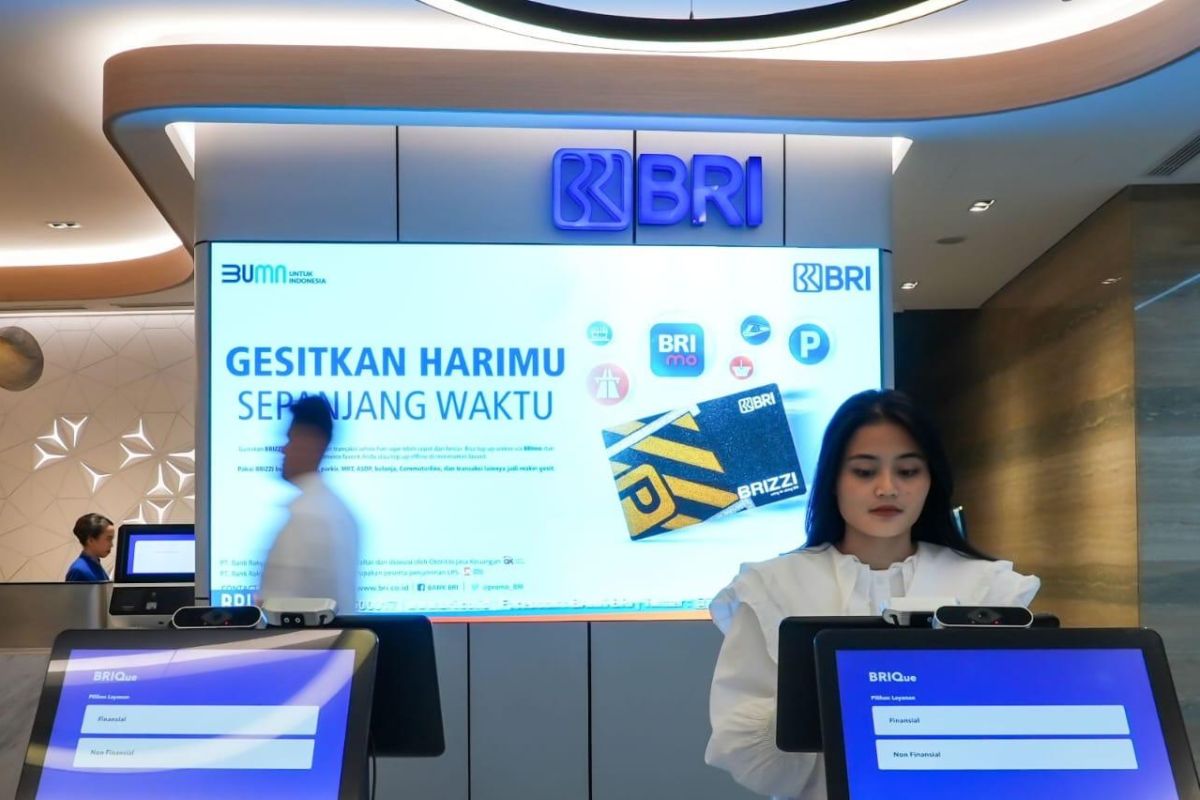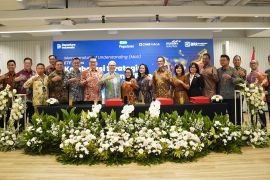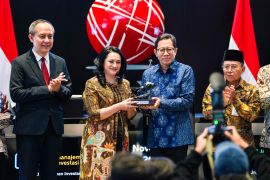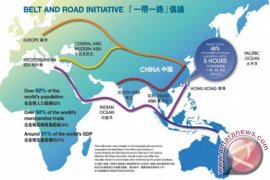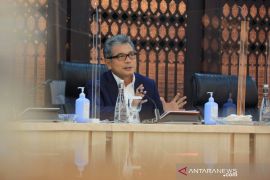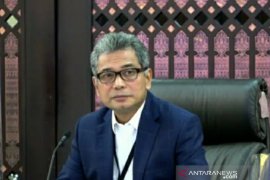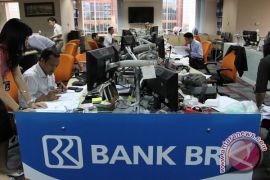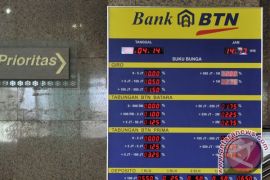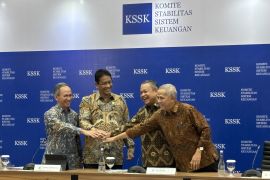This aligns with a 1.7-point decline in the Saving Time Index (IWM) to 92.9 and a 7.1-point drop in the Saving Intensity Index (IIM) to 65.1 over the same period.
“This development indicates a weakening trend in saving plans and intensity,” LPS Research Group Director Seto Wardono noted in an official statement in Jakarta on Monday.
Seto explained that the data partly reflects higher household expenditures on education during the student enrollment period and in anticipation of the new academic year.
“Additionally, there has been an increase in respondents reducing their savings to pay off debt installments,” he noted.
Regarding the IIM component, 30.3 percent of respondents reported never saving, an increase from 29.3 percent in April 2025.
Furthermore, the proportion of respondents who reported that their actual savings were less than planned rose from 49.1 percent in April to 56.7 percent in May 2025.
Related news: LPS assures no repeat of 1997-1998 monetary crisis
In terms of the IWM component, the percentage of respondents who felt that the current time is right for saving increased to 29.0 percent in May from 27.9 percent in April.
Conversely, the percentage of respondents who believe the next three months will be a good time to save declined to 39.8 percent, down from 42.3 percent the previous month.
The IMK fell across nearly all household income groups in May 2025. However, households earning above Rp7 million per month still maintained an IMK above 100, despite a slight decrease of 1.1 points.
Not only did the saving index weaken, but the latest SKP LPS also recorded a decline in the Consumer Confidence Index (IKK) in May 2025, which dropped by 3.4 points month-on-month to 99.7.
Weaknesses were observed in two components of the IKK: the Current Situation Index (ISSI), which fell to 79.4 from 81.9 in April, and the Expectations Index (IE), which contracted to 114.9 from 118.9.
Besides rising prices of basic necessities and employment difficulties, Seto stated that other factors contributing to the decline in consumer confidence include more frequent flooding, crop failures, and falling crop prices.
“Extreme weather in several regions caused flooding and damage to public infrastructure," Seto said, adding that the drop in IKK in areas, affected by the extreme weather and floods, reflects these factors.
As the 2025-2026 academic year approaches, LPS noted that many respondents cited rising education costs as a factor contributing to increased household expenditures.
Based on monthly household income, the IKK weakened across nearly all income groups in May 2025. However, households earning above Rp7 million and those earning between Rp3 million and Rp7 million per month consistently maintained confidence levels above 100, reflecting sustained optimism among these groups.
Related news: Prabowo targets Indonesia to escape middle-class trap in a decade
Translator: Rizka, Azis Kurmala
Editor: Rahmad Nasution
Copyright © ANTARA 2025
